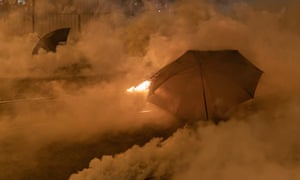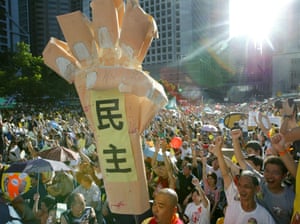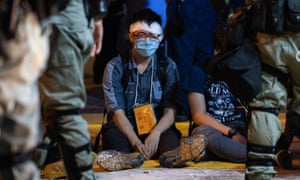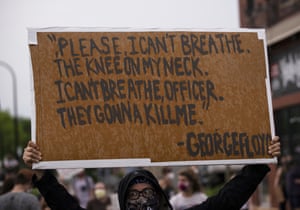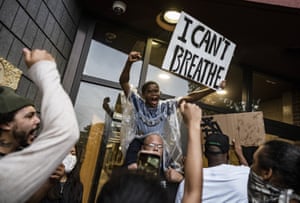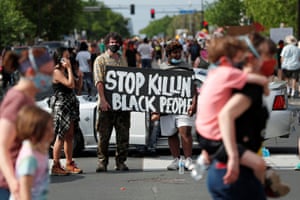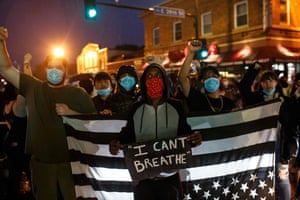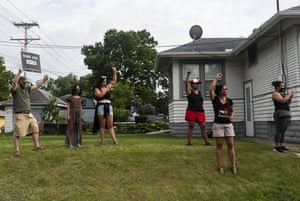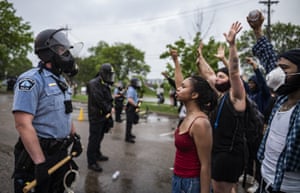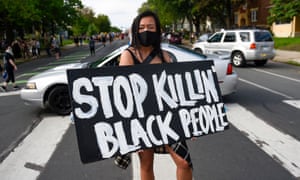Sex workers' hands tied under virus lockdowns
Issued on: 28/05/2020

Madame Caramel's Hoxton Dungeon Suite near London's trendy Shoreditch neighbourhood has stood silent for weeks Elizaveta MALYKHINA AFP
London (AFP)
The bondage chairs and polished metal whipping tools sit gathering dust on a quiet street near London's trendy Shoreditch neighbourhood -- and Madame Caramel is not pleased.
The coronavirus lockdown has punished the London dominatrix, whose Hoxton Dungeon Suite has stood silent for weeks.
"In regards to the dungeon, completely stopped, zero percent, no income whatsoever, and in regards to Madame Caramel as a professional dominatrix it is exactly the same," said the red-haired self-proclaimed "femme domme".
"The one-to-one... is gone, just the online stays," she told AFP.
- 'Can't do in-person' -
In Europe's red-light capital Amsterdam, sex work is due to officially resume in September. Prostitution in the Netherlands is legal and regulated, which allows for more support and structure during the coronavirus lockdown.
But many sex workers in Britain and beyond are now moving online to make ends meet.
Fellow London dominatrix Mistress Evilyne found success on the largely X-rated entertainment platform OnlyFans, which has grown in popularity since it was founded in 2016.
She said a relatively successful OnlyFans account can bring in about £800 ($1,000, 900 euros) a month, and is often supplemented with content on other sites, such as Clips4Sale or iWantClips.
"Obviously I can't do in-person meets anymore," Evilyne said.
She works out of her small flat in southeast London, where chains, whips, gags and other BDSM (bondage, domination, sado-masochism) apparatus lie unused beneath her bed.
But she said many clients are still asking about in-person sessions, despite the risks and government advice for people to socially distance by two metres (six feet) at all times outside the home.
"There are so many people who are emailing every dominatrix I know, including myself, asking for sessions at the moment who are just totally disregarding the fact that we need to stay safe," Evilyne said.
- 'Urgent need' -
Britain counted about 72,000 sex workers -- 32,000 of them in London -- in 2016, according to a government report.
Prostitution is legal in Britain but various related activities such as solicitation are not, so thousands are operating in the shadows and lack access to government support and protections.
Although some may have found a way to make money online, many have been left "doing what they can" during the lockdown, according to Laura Watson, a spokeswoman for the English Collective of Prostitutes.
"If you've got three children at home running around, it's very hard to do online work," she said.
Support groups such as the UK Sex Worker Advocacy and Resistance Movement (SWARM) have set up hardship funds to help "sex workers in urgent need".
"It shouldn't be up to us and up to sex workers themselves to organise their own way out of this," said Watson, who urged the government to do more.
- Charitable support -
Similar initiatives are springing up globally after the pandemic pushed over half of the world's population into some form of confinement.
In Warsaw, a group of men and women in the industry set up a fundraiser to help buy essentials during lockdown.
It began as a donation-based system, but eventually allowed contributors to access content.
They raised £3,000 in two weeks, sex worker "Medroxy", one of the organisers, told AFP.
Meanwhile in Europe's capital Brussels, sex workers are relying on donated parcels of essentials to survive.
Dolores, 60, who has worked in the industry for 42 years, said she now relies on the small paper bag full of essentials such as toiletries that is supplied by a charity grocery store.
It is distributed by a sex workers' collective, the Union of Sex Workers Organised For Independence (UTSOPI), whose volunteers make drop-offs every Wednesday.
"If I didn't have the parcel, I don't know what I would do," said Dolores, who also helps with deliveries.
Belgian law prohibits third-party activities such as renting out rooms for use by prostitutes or managing a brothel, but regional regulations vary widely.
Even though prostitutes are liable for income tax, Maxime Maes, a coordinator for the collective, said most sex workers are not registered to pay taxes.
"All these people do not have access to everything," he said, noting they missed out on unemployment support and other government welfare.
- 'Fear of contact' -
Back in Britain, sex workers registered as self-employed are eligible for government hardship grants.
Both Mistress Evilyne and Madame Caramel have applied to receive funds during the lockdown.
Despite an approaching easing of Britain's lockdown, uncertainty about how willing people will be to go back to their old habits in a world filled with a new, dangerous disease leaves sex workers apprehensive.
"I think there's going to be this real fear of contact that's probably going to affect a lot of people who are going to second-guess whether they should go and see a service provider," Evilyne said.
As for Madame Caramel, she is not taking any risks.
"I just really have to wait until almost everything is opening... because I want to cover myself as well," she said.
"Because if someone gets sick in my dungeon, you know I am not insured for that."
German sex workers call to end coronavirus ban
Sex workers have put forward their own coronavirus "hygiene concept" as they call for a resumption of services.
Being called "super spreaders" is offensive and misinformed, they say.

The coronavirus ban on sex work, including the closure of brothels must be lifted, said Germany's Federal Association of Sex Services (BSD) in an open letter, citing a fall in coronavirus transmission rates.
The letter was addressed to 16 members of Germany's parliament who recently called for a permanent ban on sex work.
The sex work industry must also be able "to generate income again and to offer customers a good service that is human and grounding for them," states the letter.
The letter presents a "hygiene concept" that outlines how sex work could continue while minimizing infection.
A ban on sex work was introduced in mid-March as part of nationwide measures to slow the spread of the coronavirus. After the transmission rate from the virus fell, German states began to ease restrictions such as reopening restaurants, swimming pools and non-sexual massage parlours. Yet the blanket ban on all types of sex work remains in place.
Last week, 16 German lawmakers signed a letter that stated: "Prostitution has the effect of a virus super spreader – sexual acts are generally non-negotiable with social distancing." The open letter from the BSD is addressed to these lawmakers.
The group responded: "To use the term 'super spreader' in this context is not only extremely offensive but also wrong. Obviously you want to discredit an entire industry in order to enforce your real goal, the ban on the purchase of sex."
The Berlin-based BSD states that there is variety in places where sex work is undertaken and the ratio of customer to client is often one on one – "similar to a cosmetic studio or massage parlour."
What is in the 'hygiene concept'?
The BSD suggests there should be a limit placed on the number of sex workers able to work in brothels. In smaller brothels there could be a limit of up to 10 sex workers at one time. Larger houses could open up some, but not all of their rooms.
Sex work in private houses and in private apartments should be able to go-ahead.
Bars, table dance bars, cinemas and clubs would be able to reopen, but at half their usual capacity, while ensuring a minimum distance of 1.5 meters is maintained between guests.
During meetings with clients, sex workers would have to wear face masks and rooms would have to be aired and disinfected. Measures to ensure contact tracing would also be in place, in case of an outbreak.
"In prostitution, there has always been a high hygiene standard," states the BSD.
Read more: German brothels get new 'ethical sex seal' for prostitution
Legal but not decriminalized
Sex work in Germany is legal but not decriminalized, meaning those in the sex industry must comply with strict laws governing how it is carried out. Since 2017, sex workers must register with local authorities and seek a medical consultation from a public health service. Brothels are also subject to strict hygiene checks.
Watch video Sexuality always matters - also during the pandemic





